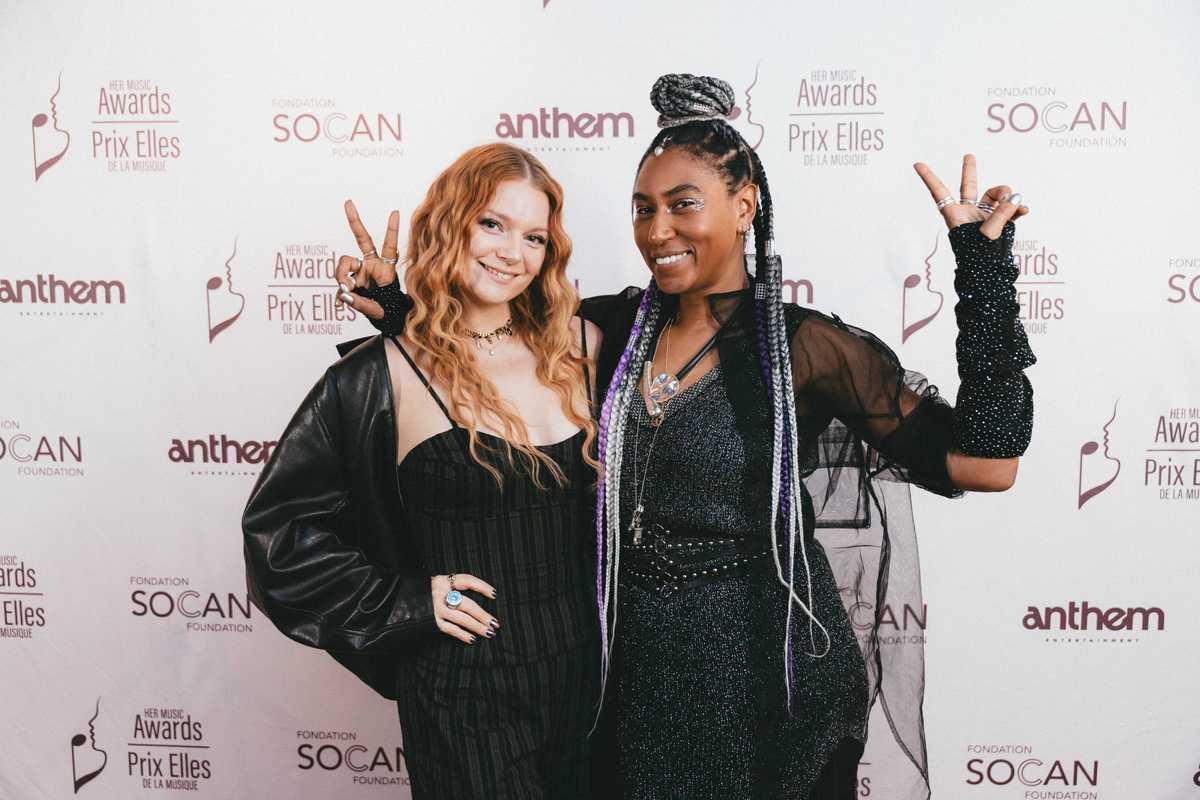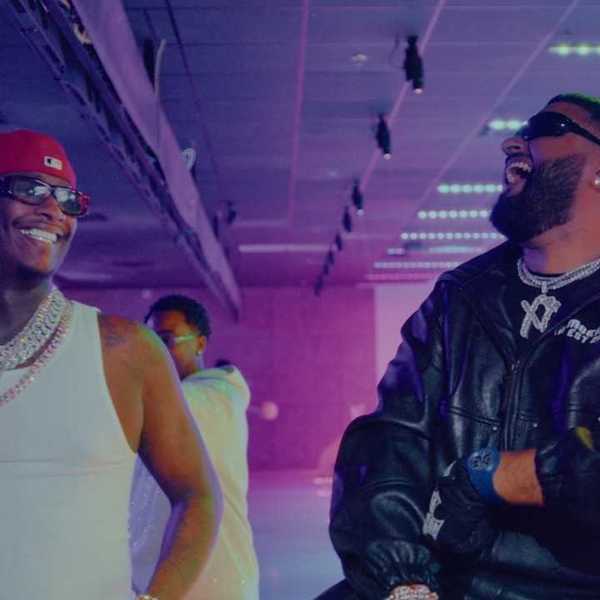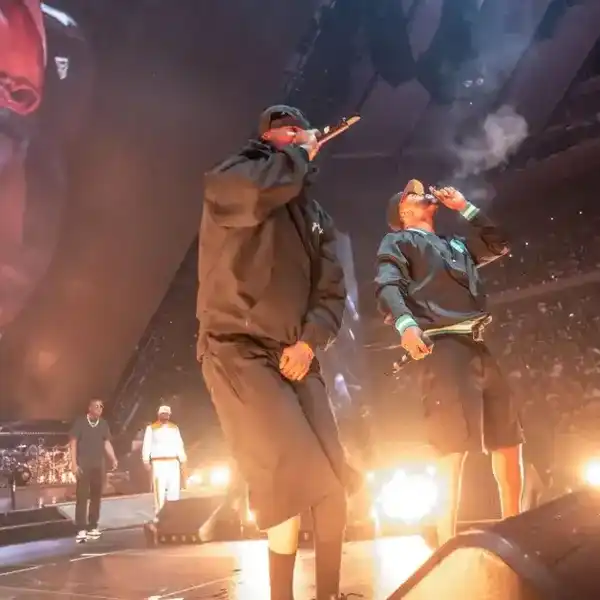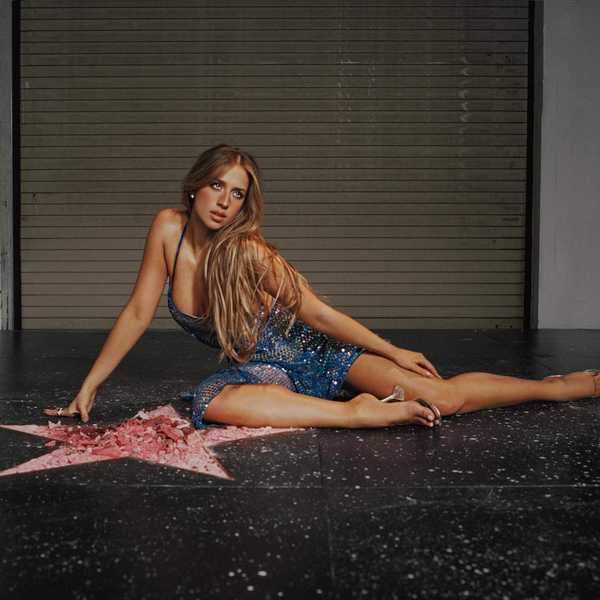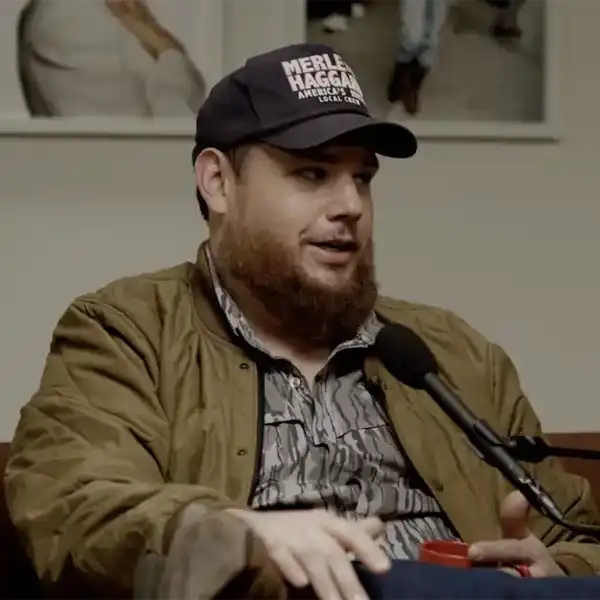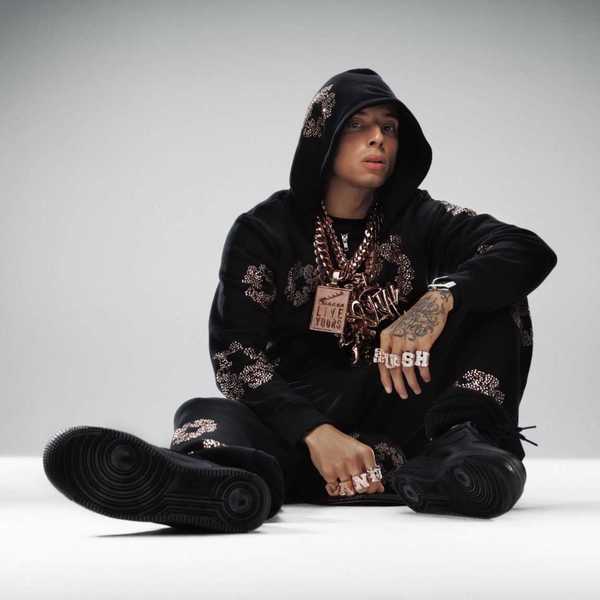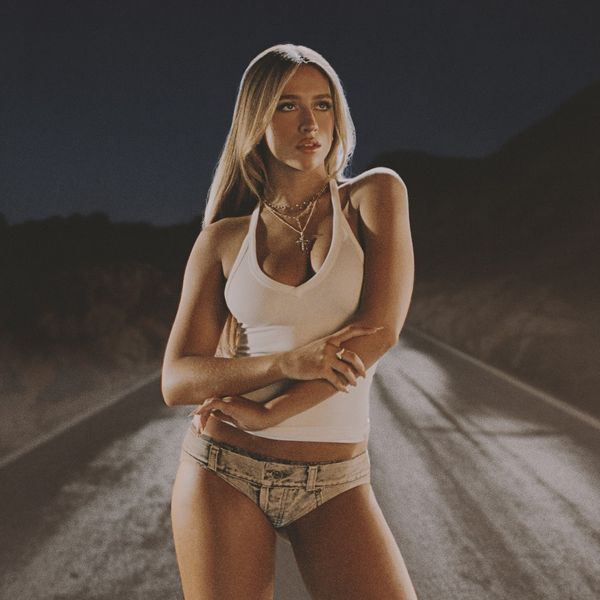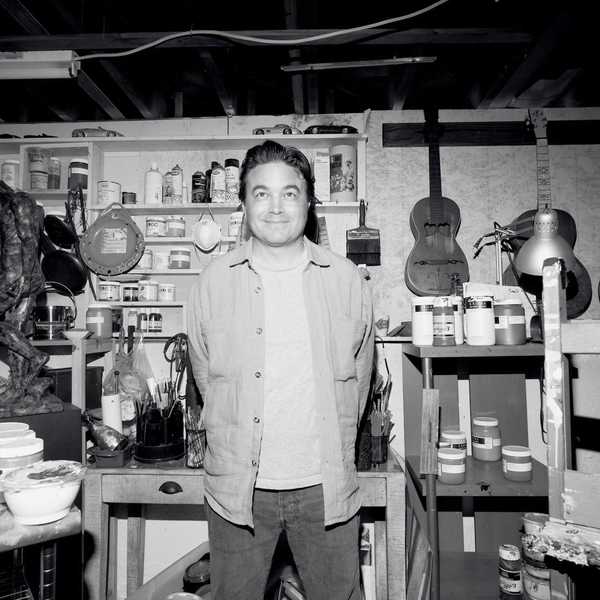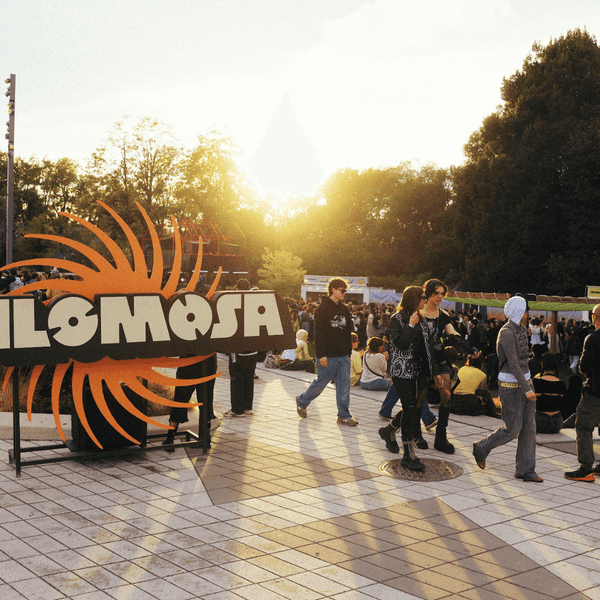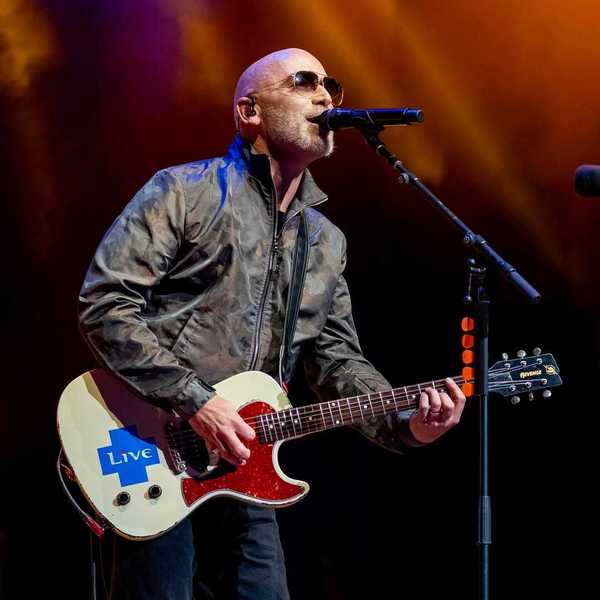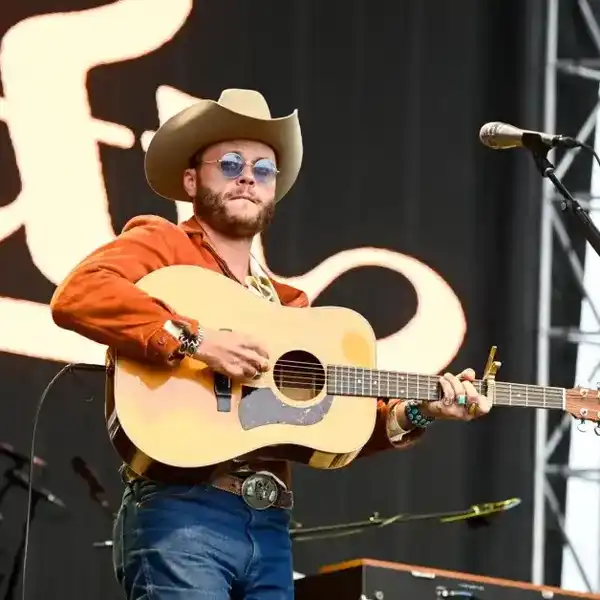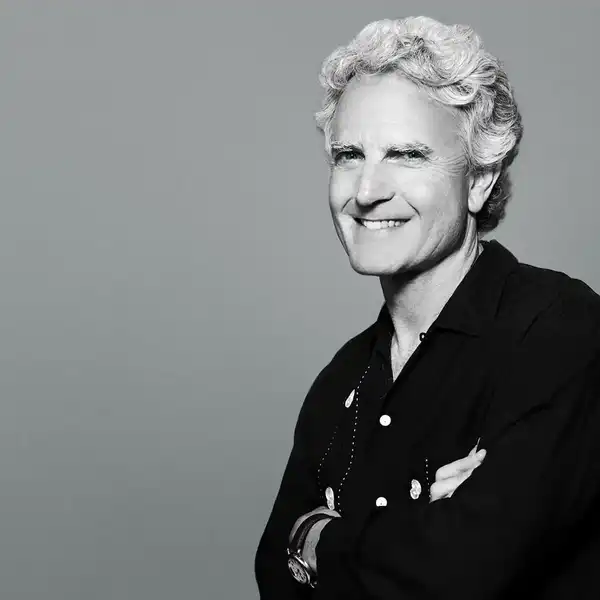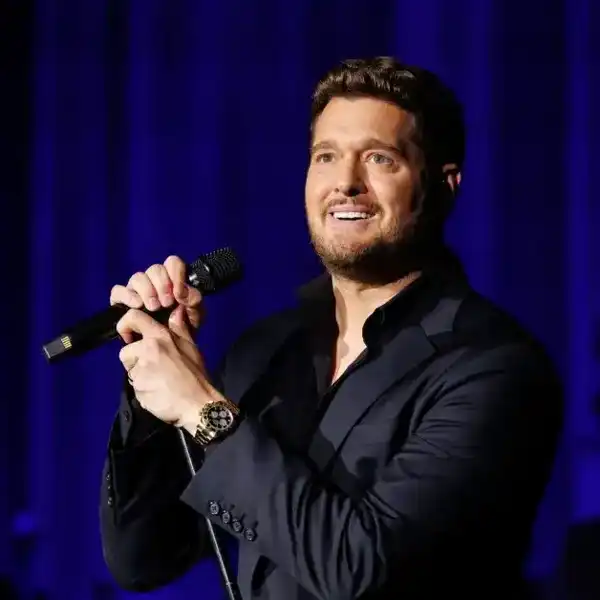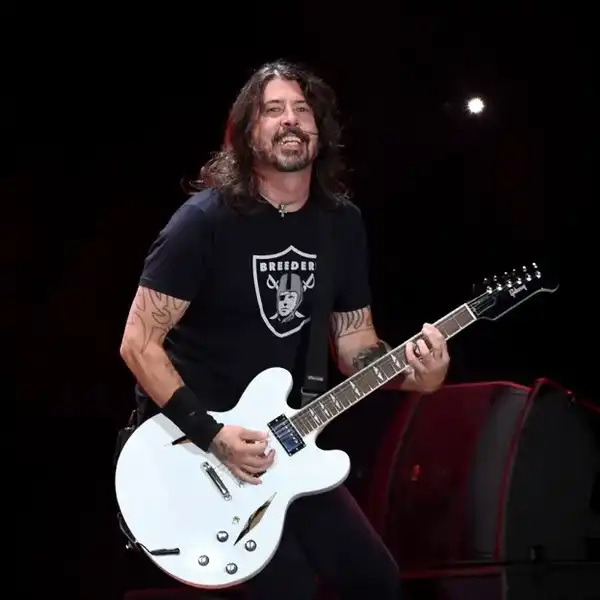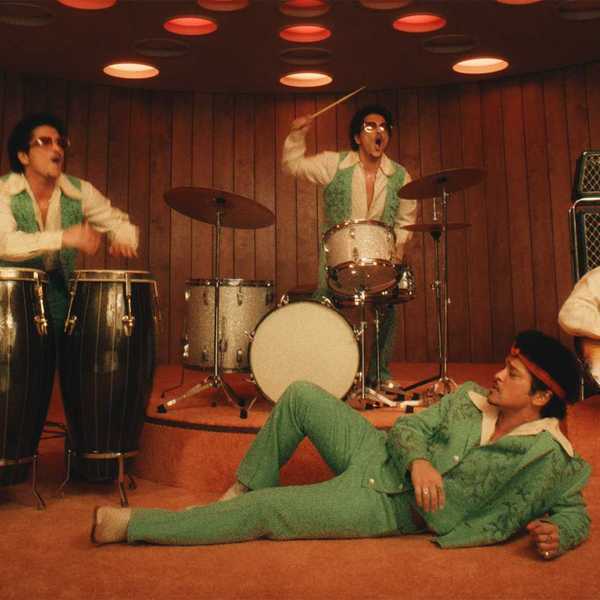'I Love The City and I'm Never Leaving': An Interview with Toronto's Club King, Charles Khabouth
The CEO of INK Entertainment, owner of Rebel, Cabana Pool Bar, the upcoming ANIML Steakhouse and many more, takes us through his legendary career at some of Toronto's biggest venues and clubs.
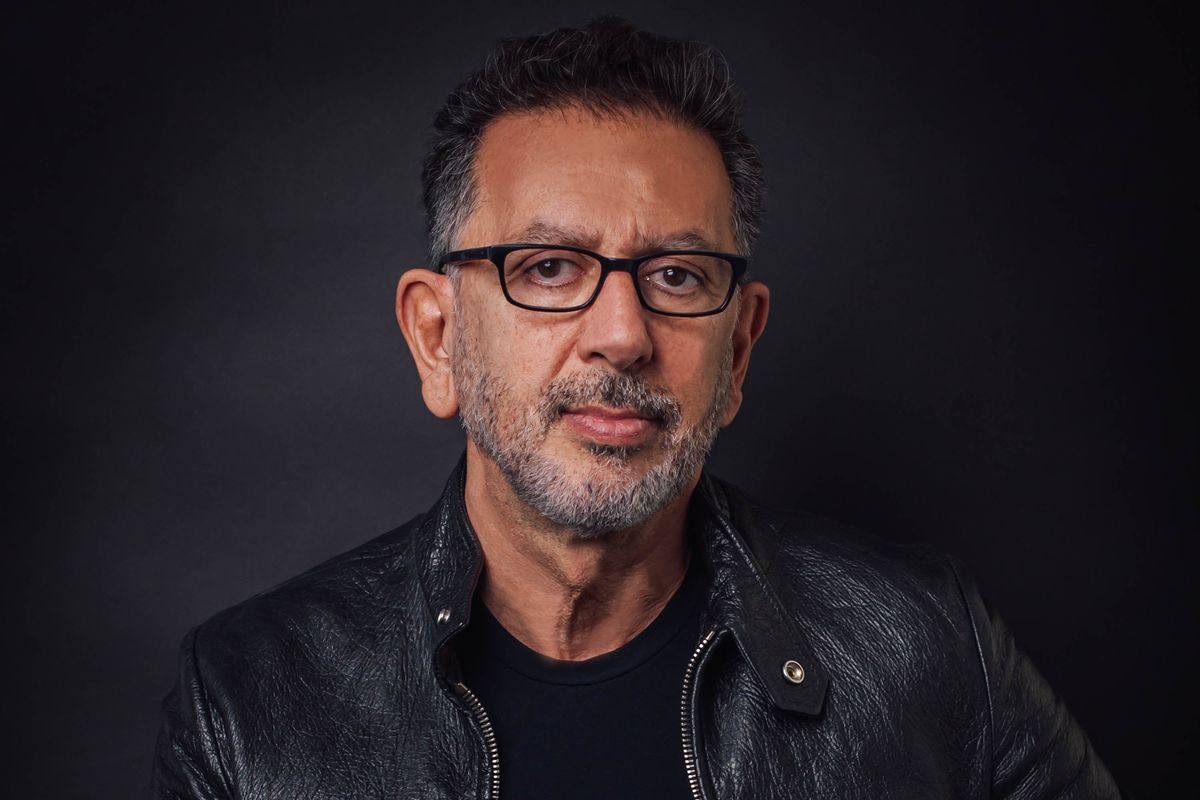
Charles Khabouth
Charles Khabouth never stops looking forward.
The founder/CEO of INK Entertainment, which he heads with Danny Soberano, has the title of Toronto's Club King. He earned that with years of legendary raves and parties from intimate nightclubs to major multi-genre music complexes like the loved-and-lost Guvernment. But it's hard to get him to talk about the past.
Today, INK has a large portfoliof of clubs, restaurants, music venues and hotels in Toronto, Miami and Paris. They also book shows and parties throughout Toronto and put on the biggest electronic festival of the summer, VELD. INK's venue DPRTMNT was home to the inaugural Billboard Canada Women in Music in September.
When Billboard Canada reaches Khabouth on Zoom, he's in Miami where he owns five restaurants and is building a venue to open next year. He's also working on deals in NY and LA. But a piece of him is always in Toronto. This week, on Nov. 15, INK will open the new restaurant ANIML Steakhouse. With beef as with electronic music and luxury hotels, Khabouth says, the goal is always the same: the experience.
It's not about hype or clout, but about making sure people have a good time. That can be costly, he admits, but it's usually worth it. One of the best experiences of his young career, he says, was his first show with hip hop pioneer Grandmaster Flash in the early '80s. He lost a fortune on it, but he credits it among one of his biggest successes.
In this interview, he talks about watching the rise of star DJs like Carl Cox and Deadmau5, staying up to date on new music from record stores to people's basements, and the benefits of owning his own venues.
You're known as Toronto's King of Clubs. You started in Toronto and, even though your empire has expanded to other cities, you've always maintained your tie to the city. Has that always been your goal?
Toronto's home and that will never change.
Listen, as a 60 year old man, I'm not skipping town after having spent 42 years of my career that I launched in Toronto. If I'm gone more than two days, I can't wait to get back. I love the city and I'm never leaving.
We have two new projects that we're building now. A steakhouse, small, 70 seats, very special and cool. And a Chinese food restaurant, but again very cool. We do things more with a lifestyle touch. So it's not a boring steakhouse for old boys to go. It's very feminine. It's very female friendly. I try to take something that maybe has existed for a long time and put a twist on it and make it more fun. Not changing with the times, that's a mistake a lot of people make.
What are some of the ways you've evolved with the times?
I know that saying, if it ain't broke, don't fix it. But you need to stay lively and you need to stay with the new generation. The biggest problem a lot of companies have, and I know because a lot of them come to us, is keeping up with the new generation and being relevant to the new kids. They're the ones that spend money, by the way. Me at my age, I don't spend money.
But it’s about staying relevant. It's about maintaining a good experience. More important than how good your pasta sauce is, it's about the experience. Same with the club industry, the music industry. What's upcoming? What's new? What's the new sound? Who's the new talent? What's the new look?
How have you kept your finger on the pulse of what's next?
Look, I'll tell you, the first show I ever did in my life was 1982, it was Grandmaster Flash. Somebody brought me the poster recently, I don't know where they found it. It brought back a lot of memories. I lost my life savings that night and that was a good experience.
The biggest problem, though he was very relevant back then, was that I wasn’t able to promote it properly. Where would you promote, if you couldn't afford radio and big ads? In the old days, I used to get a magazine that would tell you what shows are doing, what arena and places all over the world, the numbers, this, that. I believe it was Pollstar. That was a bible for us.
Also, I used to travel from city to city. In 1983, I used to spend half of my time in my car traveling, looking for music, because back then, our record stores in Toronto, it was a couple of stores only. In order to get some of the best music, you had to travel. Sometimes I'd be in people's homes, in their basement listening to records they pressed at home with a white label.
You can't grow and you can't build without research. So I spend a lot of time researching, traveling, which takes a toll on you. Sometimes I'd be gone 10 days, you know, city to city, listening to music, buying music.
You've had such a long history with legendary artists who broke here at your clubs first, like the Guvernment. Can you give me some examples of artists you worked with that you've seen blow up?
Just imagine, I launched in 1982. It's 2024. So over the years, the amount of people that started with us is insane. We also were one of the first people to bring some of the big talent from Europe that people were afraid to invest big money in. Carl Cox, for example. I remember meeting him for the first time and it was his first time in Toronto and we did him at Kool Haus. There’s a lot we invested in and took a chance on.
Deadmau5 is a friend and a partner and a very good friend for many years. The first time he played for us, he played the smallest room at the Guvernment, and nobody had heard of him, including ourselves.
A lot of DJs that have grown up with us, that have launched with us. A lot of them have come and gone, unfortunately, because I've been doing it 42, 43 years, it's a long haul.
Toronto wasn't always the major live music hub it is today. Now, it's one of the top touring destinations in the world. How has that changed your approach?
It's become easier for us. We have a bigger infrastructure, bigger team. I did it for years on my own with no or very little help. I learned it from the ground up. It's very, very exciting for me to come up with a new sound. It's very interesting to know you're bringing something to the city. I'm Lebanese, but I feel very much Canadian. And I feel like Toronto is a huge thing for me, because Toronto is always the city with open arms for me.
I've always been trying to put Toronto on the map. We've done it with design and chefs that we brought in from other countries and cities, but also musically with DJs and bands.
I was always proud that the Guvernment for many years was named one of the top 10 clubs in the world. That made me proud not just on a personal level, but that I was able to contribute to the city and the country that took me in and to the people I worked with. It made me proud.
Today, you have Rebel, you have Cabana, DPRTMT, you have VELD festival, you're a partner in îLESONIQ in Montreal. What are some of the musical trends you've noticed in recent years?
We feel that electronic music is coming back in a huge way. It never went away, but hip hop took the scene for a little while. I see hip hop is slowing down a bit, and electronic music and house is coming back very, very strong. This year, VELD was our strongest year in 11 years, and it was strictly electronic music. Drum and bass, it rather disappeared completely, but it and dubstep are coming back. I think we've done a full circle.
In Toronto, there are fewer and fewer people in the live music business who own their own venues. More and more independent venues are getting bought up by companies like Live Nation. How does that help you book music?
It's not just Toronto. I was in New York last weekend, trying to find a nightclub, and it's impossible. I think there's one left.
Owning your own venues is very, very important. For us, DPRTMNT is a breaking ground. Myself and INK have focused always on owning two, three venues where we can start somebody in a smaller venue, take them to a medium sized venue, and then get them up to the biggest venue we have and eventually play the festivals. Maintaining two, three clubs of different sizes is very crucial because we're able to control the music, the room, the dates, the bookings, the pricing.
Sometimes we book something knowing that might not do very well, but it's an investment. What a lot of people fail to see sometimes is the need to invest in the future.
Does it help you maintain the experience when you own the room a show or party is happening in?
Yes. I cherish relationships with artists, agencies, managers. We make sure artists is well respected and taken care of. And respected is making sure we have amazing sound. The Guvernment was known for sound. Just now we reinvested insane money in DPTMT. To me, that is paying respect to an artist: bringing an artist into an environment where they can showcase properly with proper sound and lighting, proper monitors, acoustically treating the room. A lot of time and money goes into setting up venues and making them great spaces for talent, so when they come in, they go ‘this is awesome.’
Other people might put a bigger offer on talent than we do, but at the end of the day, smart talent and agencies are more interested in the experience. Just because somebody is going to give you an extra $10,000, you don't go play a room that's not well put together or promoted properly. Sometimes people say I'm crazy, but the money we spend in advance is just to make sure everything is perfect in every way possible
You have a few projects opening in Toronto and Miami that you're working on. Are you making sure there's always something next?
I'd say in the last 20 years, we've never had one year where we didn't have two new openings, whether in Toronto or elsewhere. Even during COVID. It keeps us relevant, and growth is very important for me personally and the team.
We own a lot of restaurants now, but a big focus in the company is music, talent, shows. We have our eyes even outside North America. We're looking at opportunities that I can discuss now, but we are not stopping. We won't stop. What drives me every day is music, sound, lighting, fashion, dance. I watch people dance sometimes. Like it just gives me so much pleasure to know somebody's having a great evening, enjoying the music, the sound.
Listen, in the Guvernment days, we had over 40 people that had tattooed the logo on on the same place on their leg. There was such a culture.
I know it's going to sound cheesy, some people would say this venue saved my life. I just got goosebumps thinking about it because it was very legit. It was a time and a place that really was amazing. I think we're heading back that way. That culture is really, really coming back.
What's really exciting you right now? Is there like a certain sound or artist that you think is going to be the next big thing?
I've always been a big, big fan of house music. My number one love is house music. I like all genres of music, but personally that's what drives me. I think it's definitely coming back. You see some DJs that have stood the time and are doing still doing great things like Armand Van Buuren, like Tiësto and and many, many others.
Unfortunately, this business is an industry. Sometimes people lose their way and get carried away with certain things. But there's a lot of great artists there that have stayed very focused and still deliver amazing sound. And there's a lot of new talent that are that's coming up and are very talented and committed. These people put hours and hours and days and in studios. Some people might not realize that for that one hit that's new that's come out, somebody spent weeks in the studio with it. It's weeks and weeks of work for that talent. In turn, it keeps you in the game and keeps you excited.

